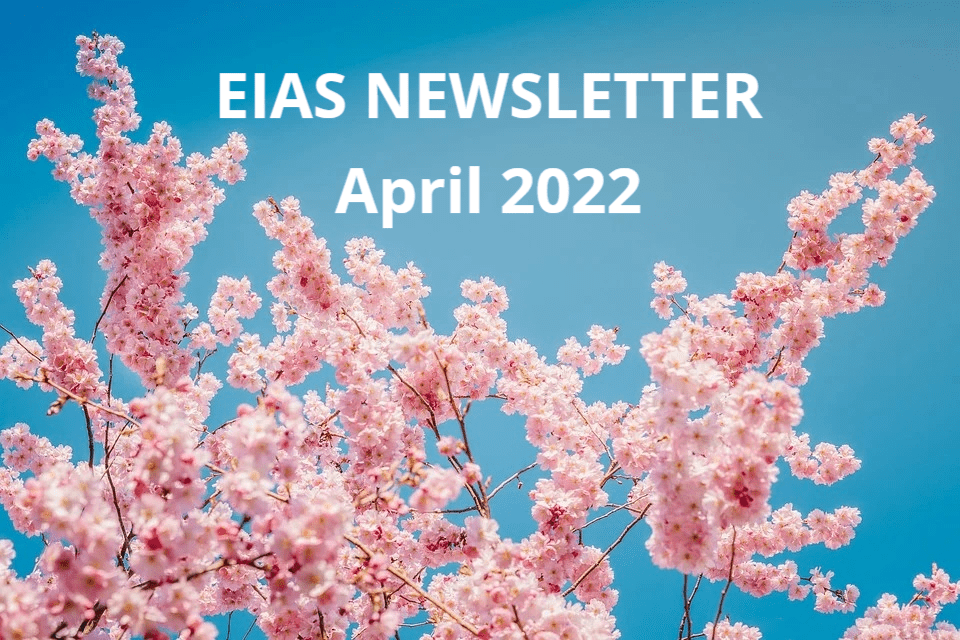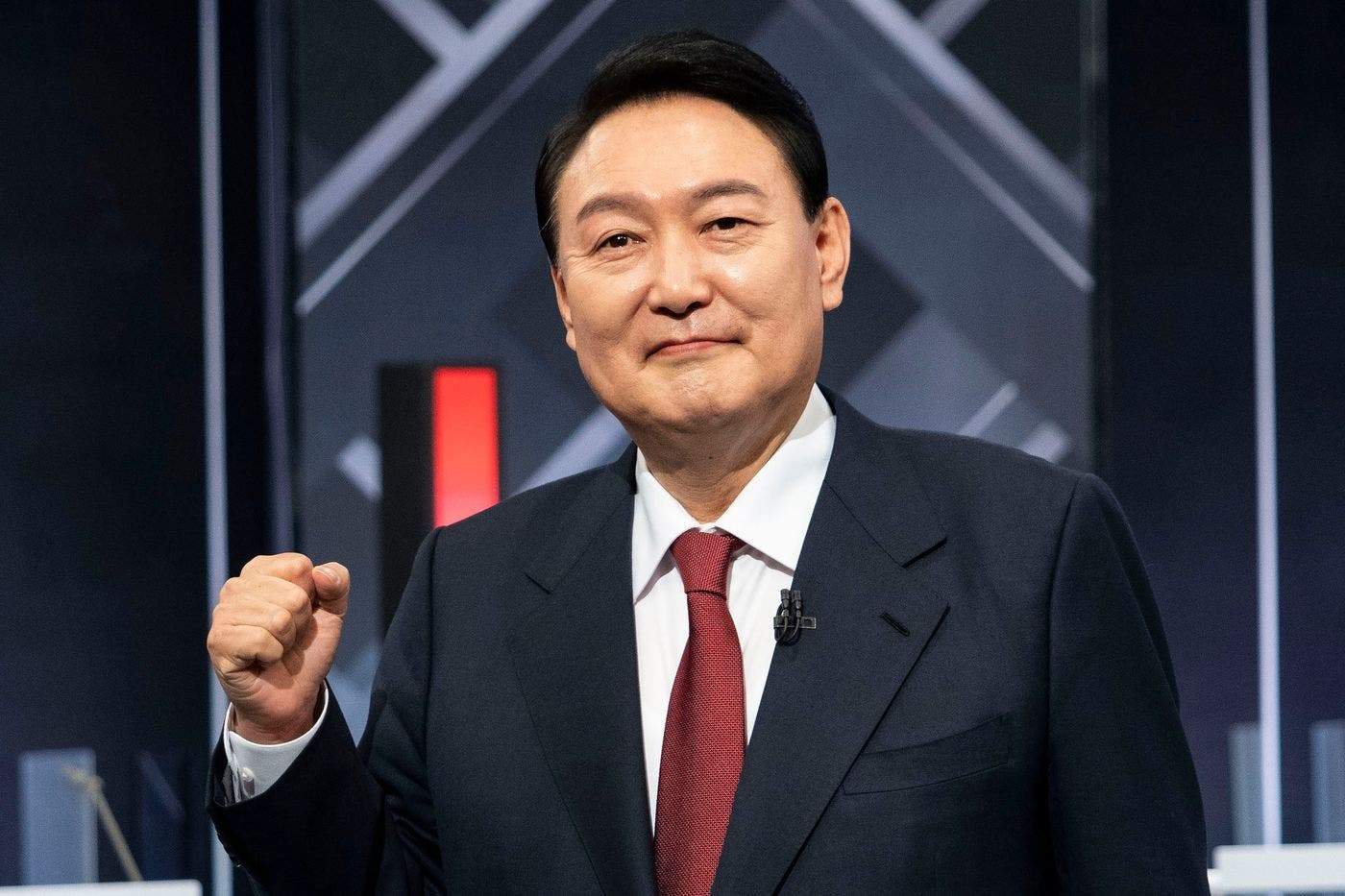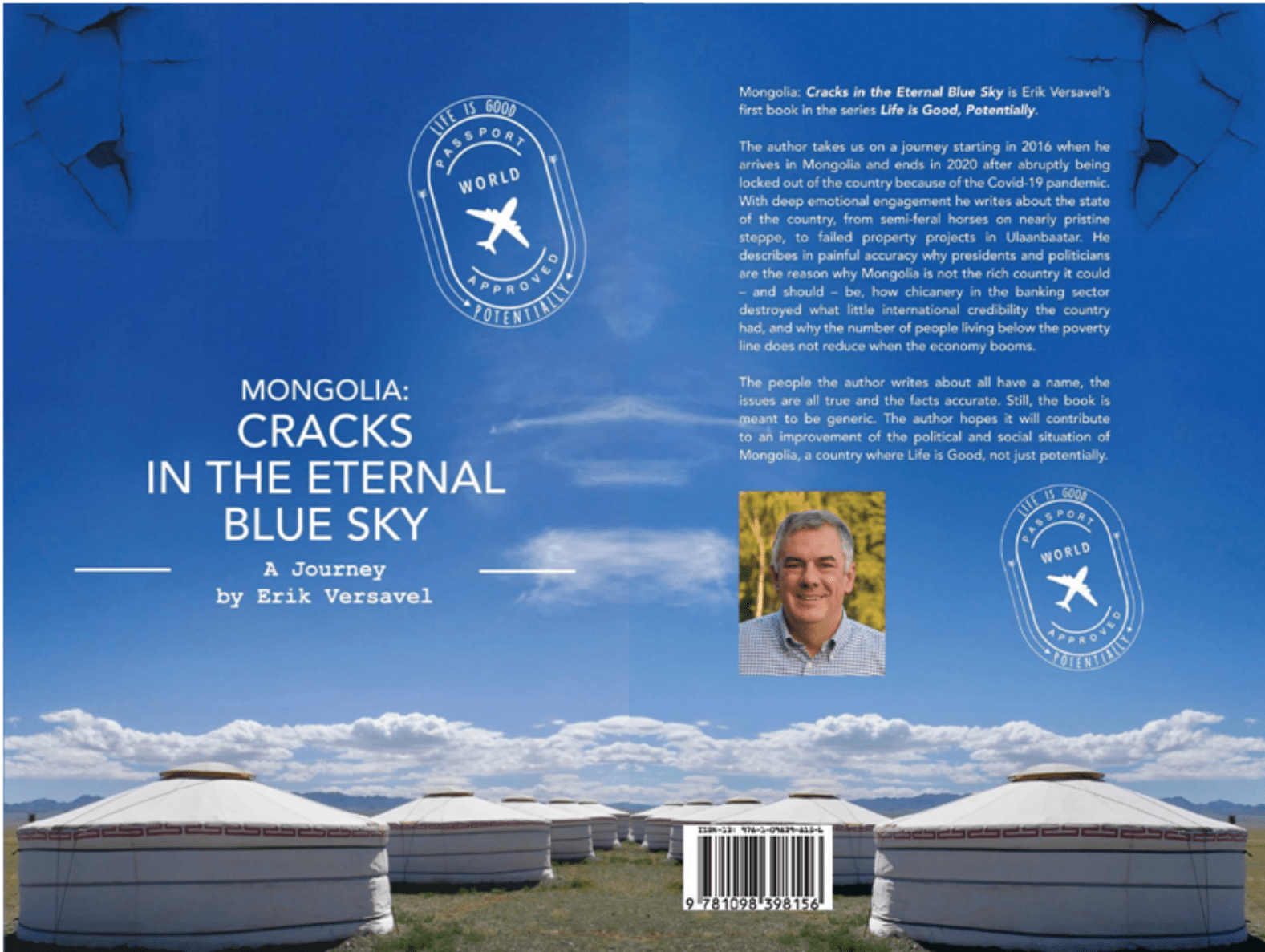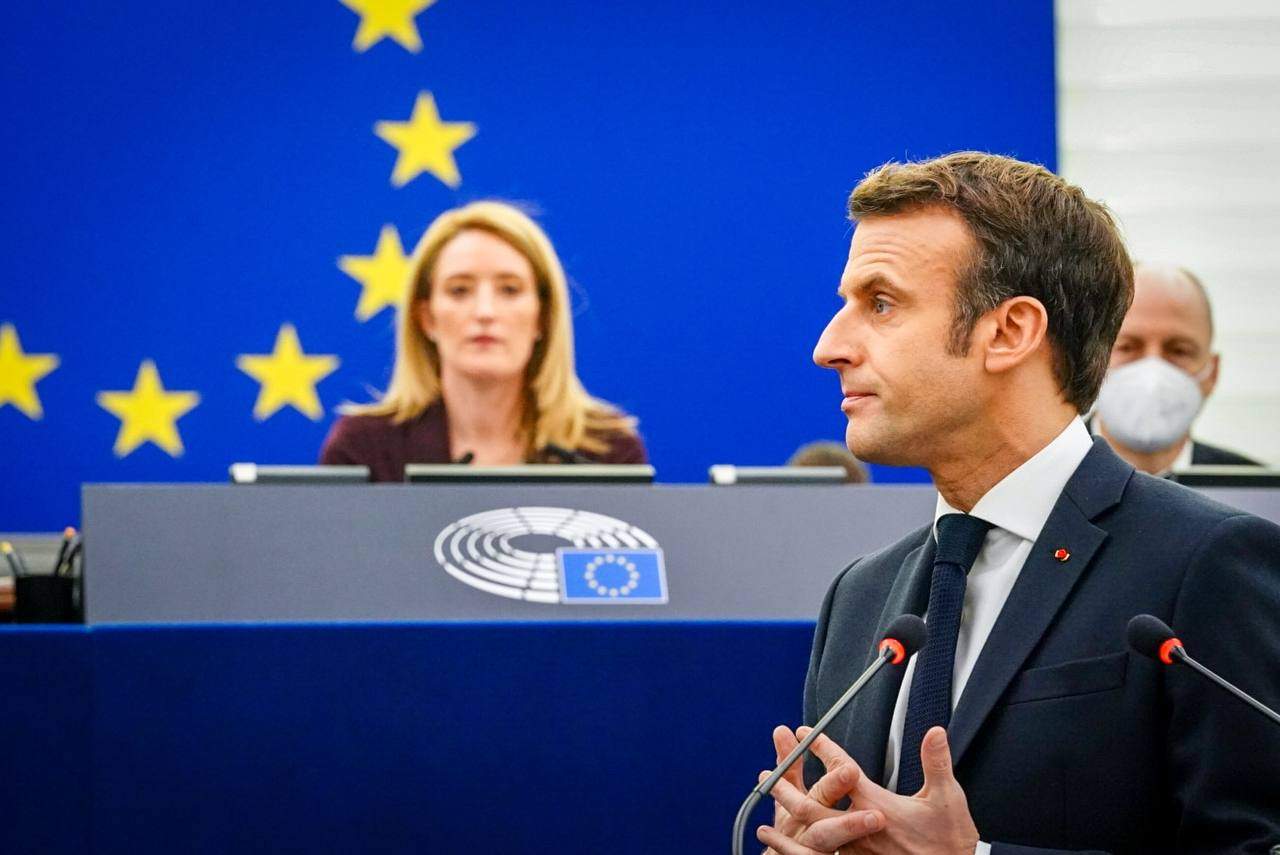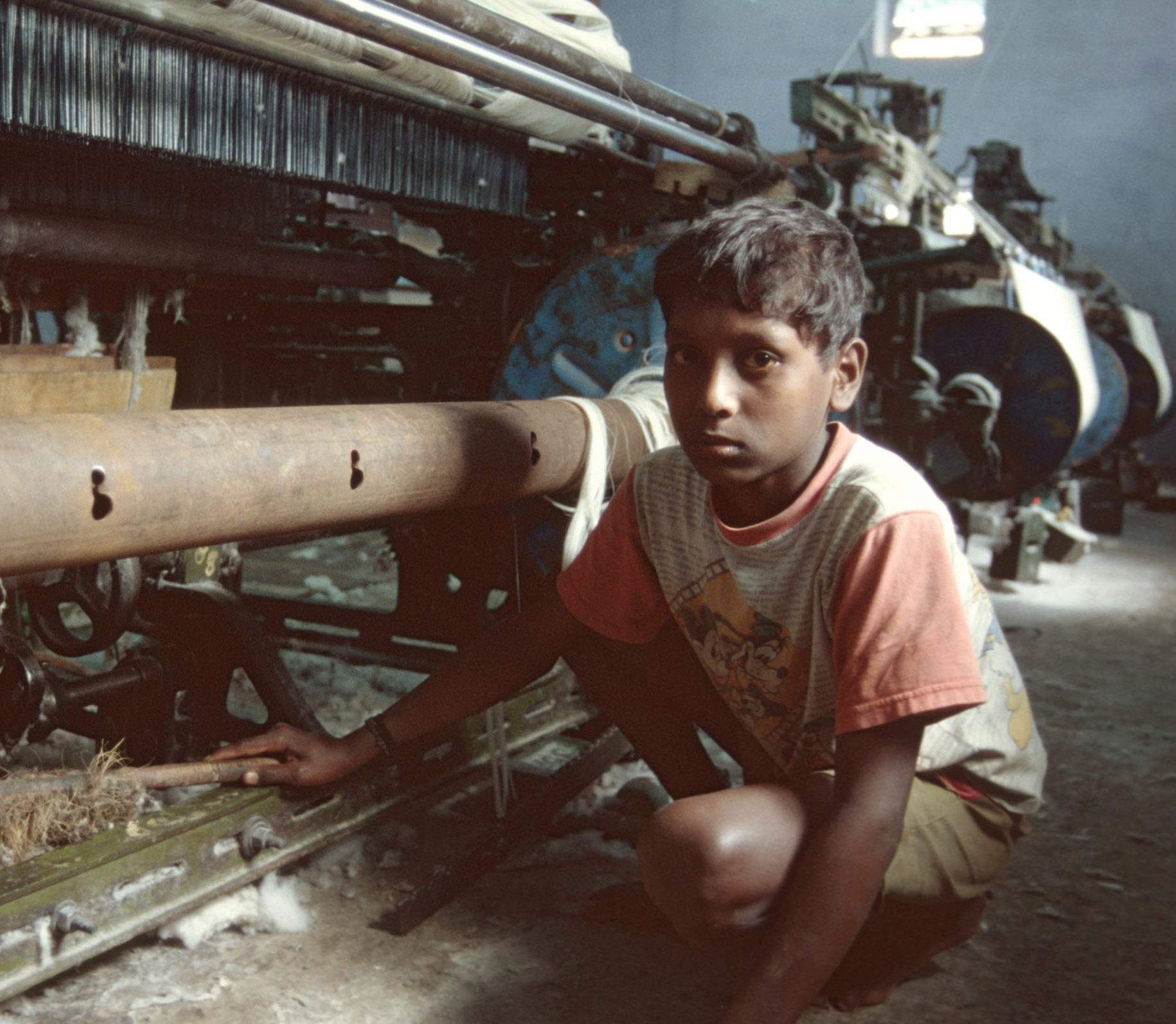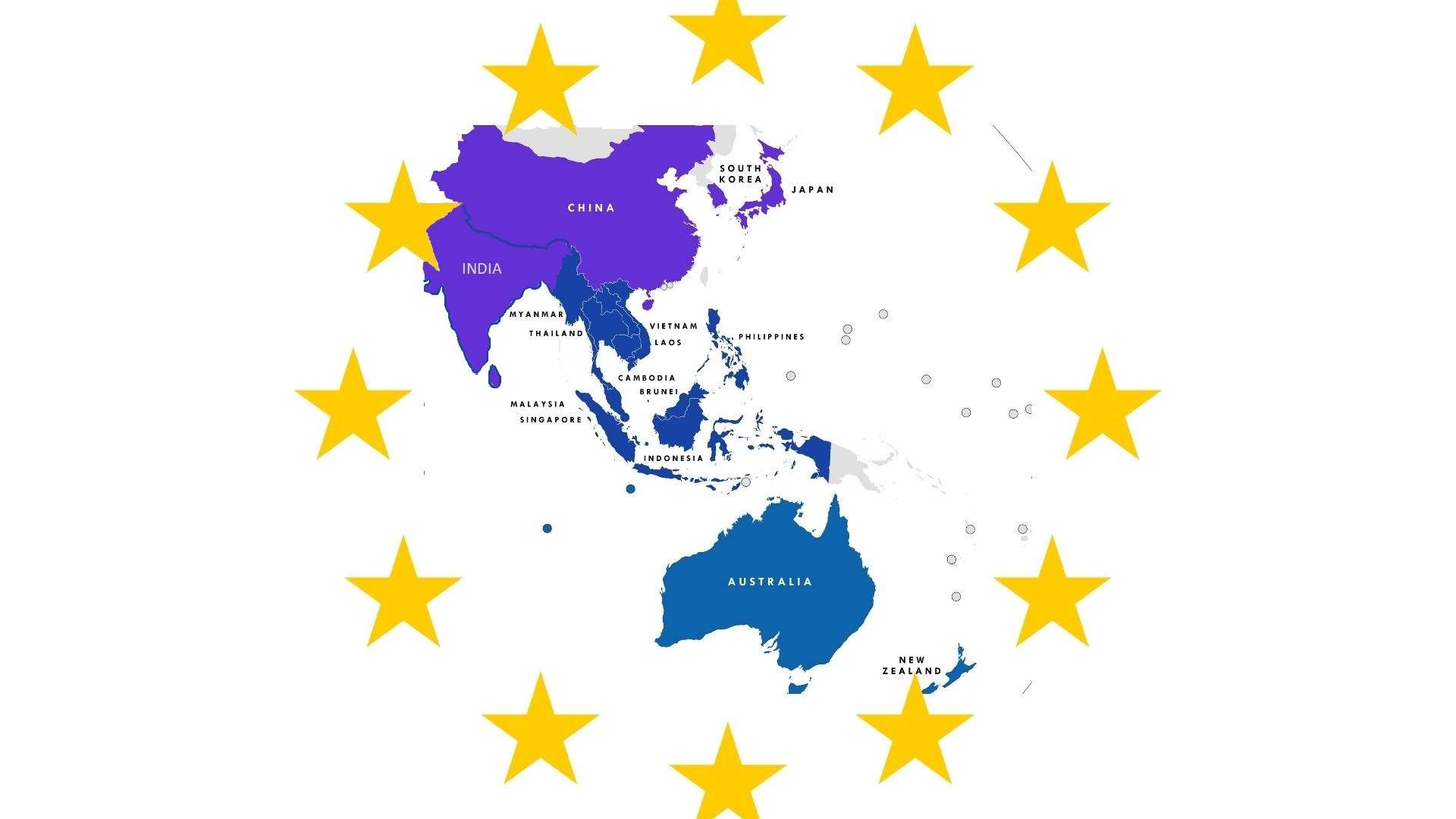
Past Webinar/Hybrid Event “The European Union Global Gateway: Approaching the Indo-Pacific Differently -Taiwan as an example”
Join us on 31 May 2022 from 10:30 AM to 12:00 CEST for the Webinar/Hybrid Event on the EU’s Global Gateway in the Indo-Pacific, taking a closer look at the case of Taiwan as an example.

